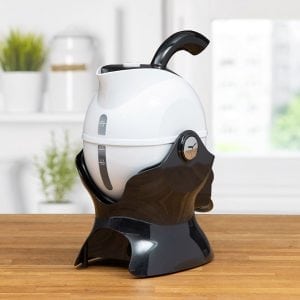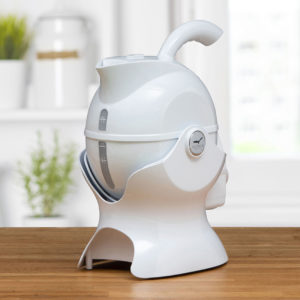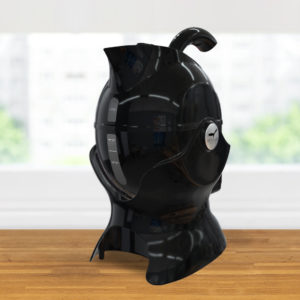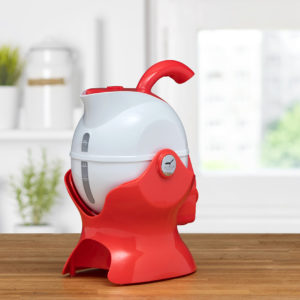During the summer where the days are longer and the sun is brighter, it can be easy for many of us to slip out of our usual routine. Late nights can have a negative effect on our sleeping pattern, and this will affect arthritis pain. A poor night’s sleep can cause pain to worsen and ultimately this can create a frustrating cycle of pain and poor sleep.
When it comes to living with arthritis, getting enough sleep is essential to maintain optimal health and well-being.
Sleep & Arthritic Pain:
Not getting enough quality sleep can actually lower the point at which we feel pain. This is known as our ‘pain threshold’. This could lead to:
- Increased level of pain.
- Pain where it might not have been painful before.
- Pain that was only felt in a particular part of the body is now becoming more widespread.
How Much Sleep Should I Be Getting?
Everyone needs different amounts of sleep. For the vast majority of us, somewhere between 6-9 hours of sleep a night is good. As we get old, we generally need less sleep.
Here’s a few questions you should ask yourself to see if you are getting enough sleep:
- Do Is feel sleepy during the day?
- Am I struggling with my energy levels?
- Do I feel refreshing when I wake up and during the day?
If your answer is yes to the majority, it looks like you might need to review your sleep patterns.
Top Tips for Getting a Good’s Night Sleep:
Getting enough good sleep plays a big role in helping you manage arthritis. But, the pain from arthritis can make getting good quality sleep difficult. If you are having problems sleeping, here are a few great top tips.
Heat Therapy:
Using a hot water bottle or a heating pad can help ease a painful joint before heading to bed. A hot bath is also an effective way to relax and heat the joints.
Master of the Mattress:
A good mattress can be worth its weight in gold. It can make a big difference in your level of comfort and support as you sleep. With arthritis, your mattress should be supportive but not too hard. If you can’t invest in a new mattress right now, why not consider a mattress topper?
Pillows aren’t just Decorative:
How you use your pillow can be just as effective as your choice of mattress. If you have arthritis in your hip or knee and like to sleep on your side, you could benefit from a pillow between the knees for optimum support. If you have arthritis in your shoulder you may be more comfortable using a wedge pillow and sleeping on your back.
Set the Clock:
Resetting your body clock can be difficult, to begin with. It is simply a good habit you need to get into and it won’t take long. Set a bedtime for the same time each night. Establish your routine and remove all light-emitting devices an hour before bed – phone, computers, TVs, e-readers, etc.
Stretch to Relief:
Regular exercise tends to decrease joint pain and can help you maintain the joint’s range of motion. People who exercise regularly tend to sleep better too. Before diving into a new exercise routine, it might be a good idea to discuss this with your doctor first.
Pain Relief:
If you have tried everything above and more and your pain still hasn’t eased, there are many over-the-counter and prescription pain relievers specifically intended to relieve pain and help you sleep better.
Talk to your doctor or pharmacist to make sure they don’t interact with any other medications or supplements you are taking.
A Soothing Cuppa:
Didn’t you ever wonder why parents give their children a warm cup of milk before bed? Milk contains two nutrients that are known to improve or induce sleep.
The same can be said for a soothing cup of chamomile tea. For years, chamomile tea has been used as a natural remedy to reduce inflammation and anxiety and treat insomnia. In fact, chamomile is commonly regarded as a mild tranquilizer or sleep inducer.
Making a cuppa with the Uccello Kettle won’t aggravate your arthritis, you won’t need to worry about lifting, gripping, or balancing yourself for a cup of tea again.













Leave a Comment